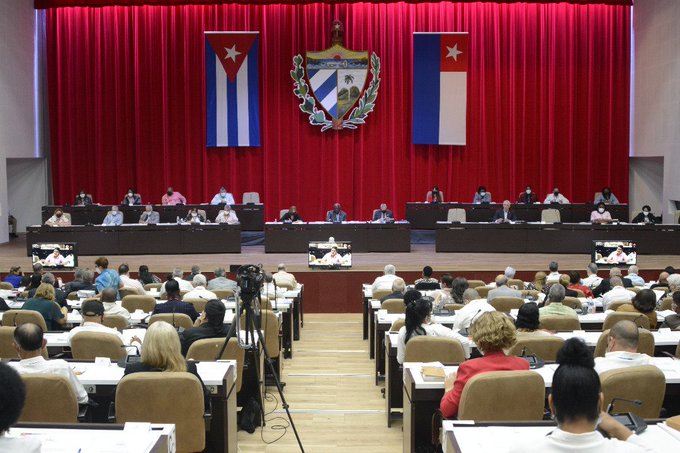These are the Law on the Rights of the Author and the Performing Artist and the General Law for the Protection of Cultural Heritage and Natural Heritage, which, after their analysis by the deputies, the Commission of Education, Culture, Science, Technology and Environment will present their corresponding opinions.
This weekend, the supreme organ of the Cuban State approved six laws and learned from the National Electoral Commission the results of the popular consultation process of the draft Family Code, a report delivered to Miguel Díaz-Canel Bermúdez, First Secretary of the Central Committee of the Party and President of the Republic.
Thus, Monday marks the end of an intense stage of discussion on eight new regulations, which respond to articles of the Constitution and which were previously conceived and enriched with criteria from the population, universities, organizations, research centers, deputies and experts.
All of them are important and necessary for the country, although some have a greater impact on the quality of life of the people, such as the Law of Food Sovereignty, Food and Nutritional Security, and the Law of Personal Data (both new issues) as well as the Criminal Code.
In the opinion of deputies and officials of the Cuban State and government, it has been a very intense extraordinary session of the ANPP, and the one with the largest number of laws debated and approved, which will enter into force after their publication in the Official Gazette and on the date indicated.
Another significant moment in the plenary hall of the Convention Center was the update given to Parliament on the behavior of the Cuban economy in the first quarter, in several indicators up to April, and on the progress of the country’s Economic and Social Strategy for the period 2021-2026.
 Escambray ENGLISH EDITION
Escambray ENGLISH EDITION





Escambray reserves the right to publish comments.